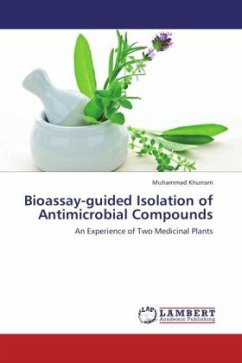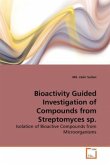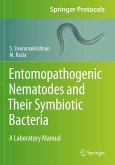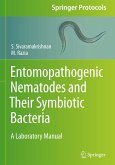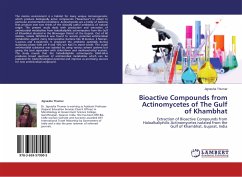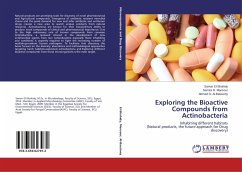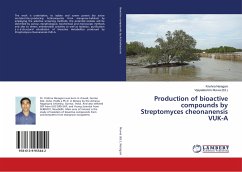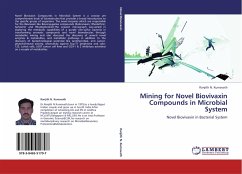The dilemma of resistance in microorganisms is a grave concern for scientific and health community. This situation not only requires us to isolate and identify new antimicrobials but also to develop economic and rapid assays for sensitivity evaluations. The present work focuses on search of potential moieties from two plant species Dodonaea viscosa and Quercus baloot, which are used traditionally in ailments related to microbes. The plants were investigated to isolate and characterize the secondary metabolites responsible for antimicrobial activities. The techniques used included extraction, fractionation, TLC, contact bioautography, LC-MS, XTT bioassay, and NMR spectroscopy, thereby, providing an in-vitro model for the isolation of target molecules bearing activities against microorganisms. The text provides a proof of concept that plants bear antimicrobial moieties; therefore, it is an interesting writing for pharmacologists, microbiologists, pharmacognocists, pharmacists, phytochemists, herbalists, ethnobotanists and shall be a recommendable read for scientific community involved in the antibacterial and antifungal drugs discovery.
Bitte wählen Sie Ihr Anliegen aus.
Rechnungen
Retourenschein anfordern
Bestellstatus
Storno

